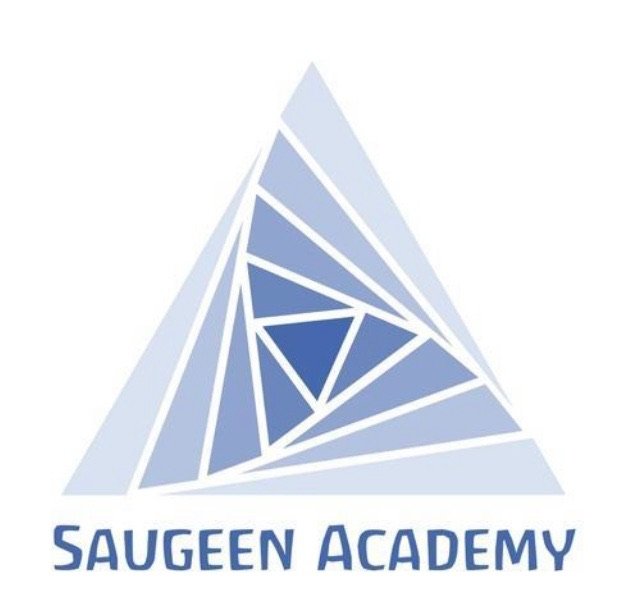Why Waldorf?
Waldorf education is a unique pedagogical approach to teaching and learning that strives to engage students through the head, the heart and the hands. Waldorf education is highly relevant today: the future you are leaving to your children will require more than book-smarts. It will call for courage, creativity and care. These are the precise qualities that Waldorf has nurtured for the past 100 years.
Meeting the Developmental Needs of Adolescence.
“In the high school, from grade nine through grade twelve, a new image of the adult stands in the young person’s mind as an ideal. Truthfulness, thoughtfulness, self possession, consideration, strong-mindedness, warmheartedness – these are qualities the adolescent holds as ideals. From around age fourteen, the student looks for such qualities in his teachers. No longer blindly accepting authority, he looks to a mentor who inspires him and who is clearly worthy of emulation.”
-David Mitchell, Windows into Waldorf
-
Everything in the world is important. The ninth grader feels the world is theirs. They jump into activity and then think about it later. The main question is ‘WHAT?’ Our task is to place their feet firmly on the ground in the moder world.
-
!0th graders should learn that thinking embraces the entire world. The main question for this age is ‘HOW?’ There is quick movement between the life of feeling and the life of thoughts.
-
The teacher is met with questions: Where are we going? What really matters? What is the oint of everything? The main question is ‘WHY?’ The maturity of thought begins to become visible. They experience their own thinking.
-
The child should be prepared to iniate new possibilities in life and develop a new starting point. The main question for this age is ‘WHO?’ Students are concerned with questions of destiny, judgement and discretion - which are exercised more independently.
Education Towards Freedom
The Saugeen Academy recognizes the adolescent’s unique fundamental developmental needs as described by Rudolph Steiner:
to find meaning in life
to find human relationships and sense of connectedness to the world
to feel that he or she can make a difference in the world


